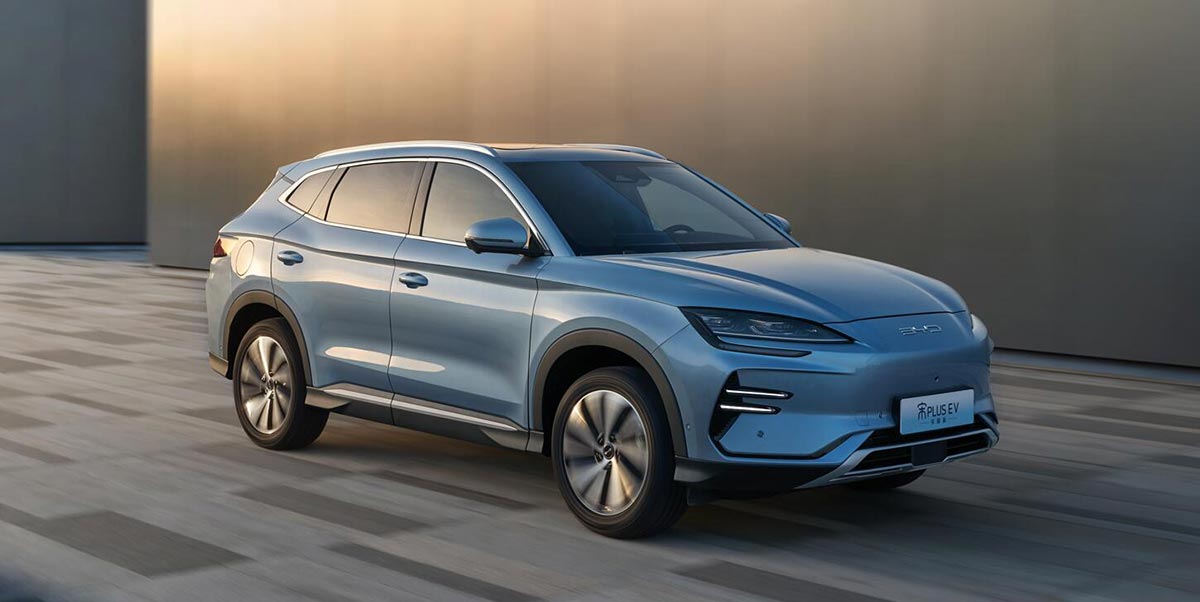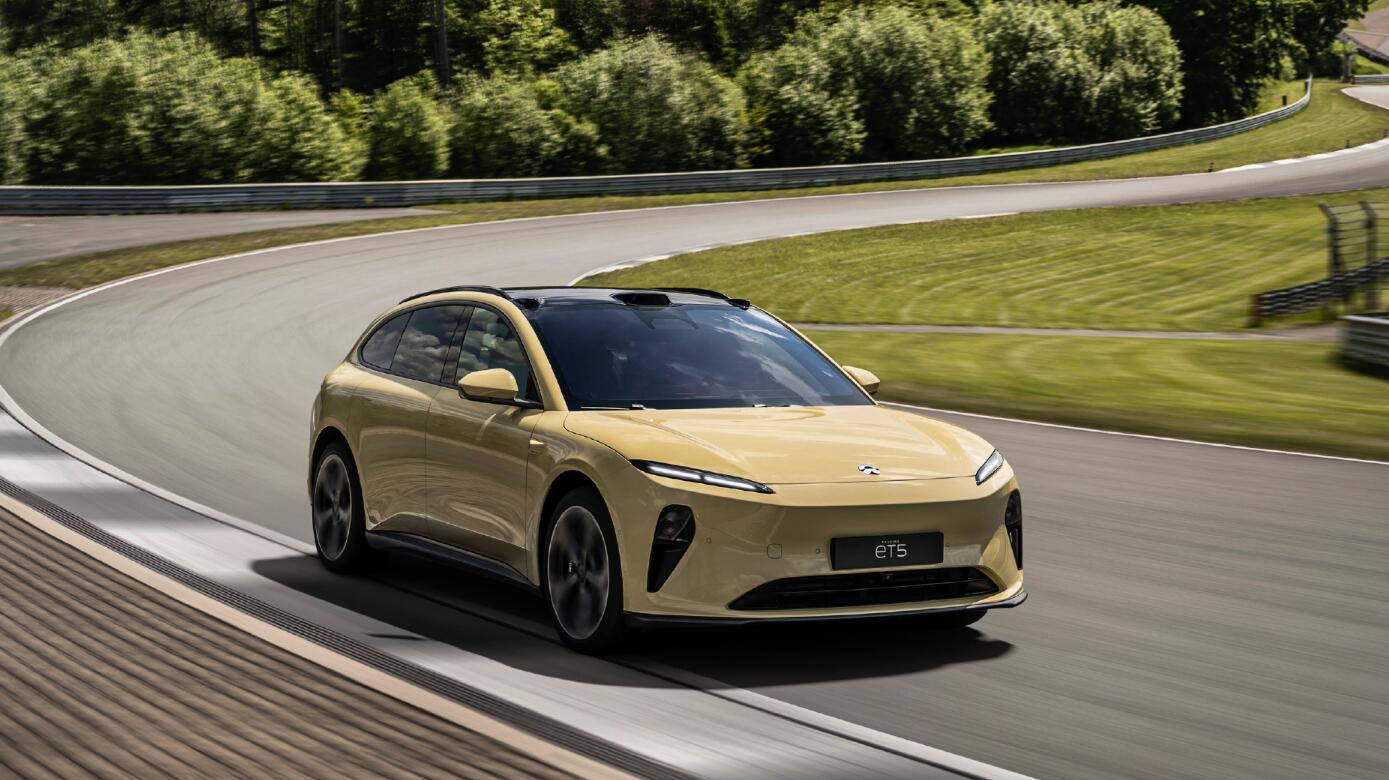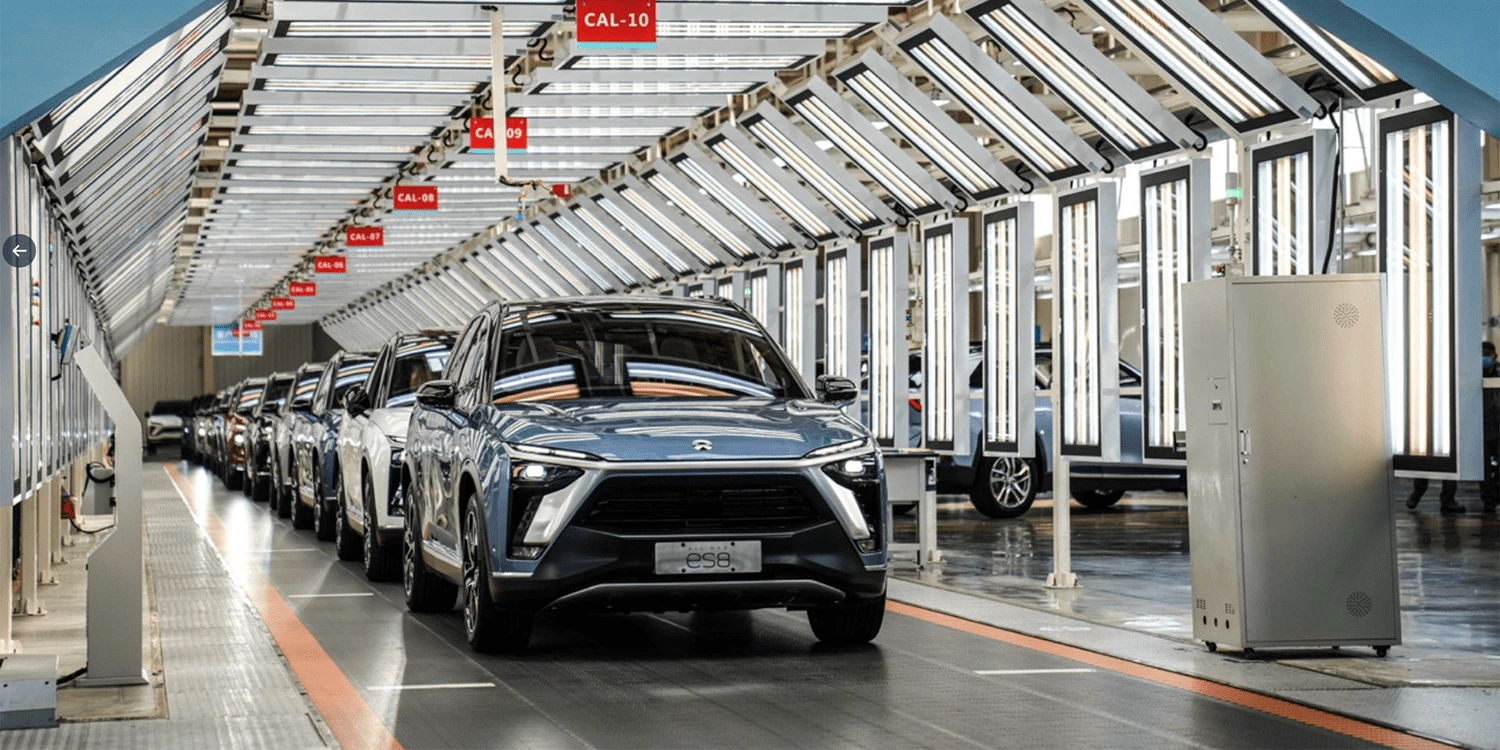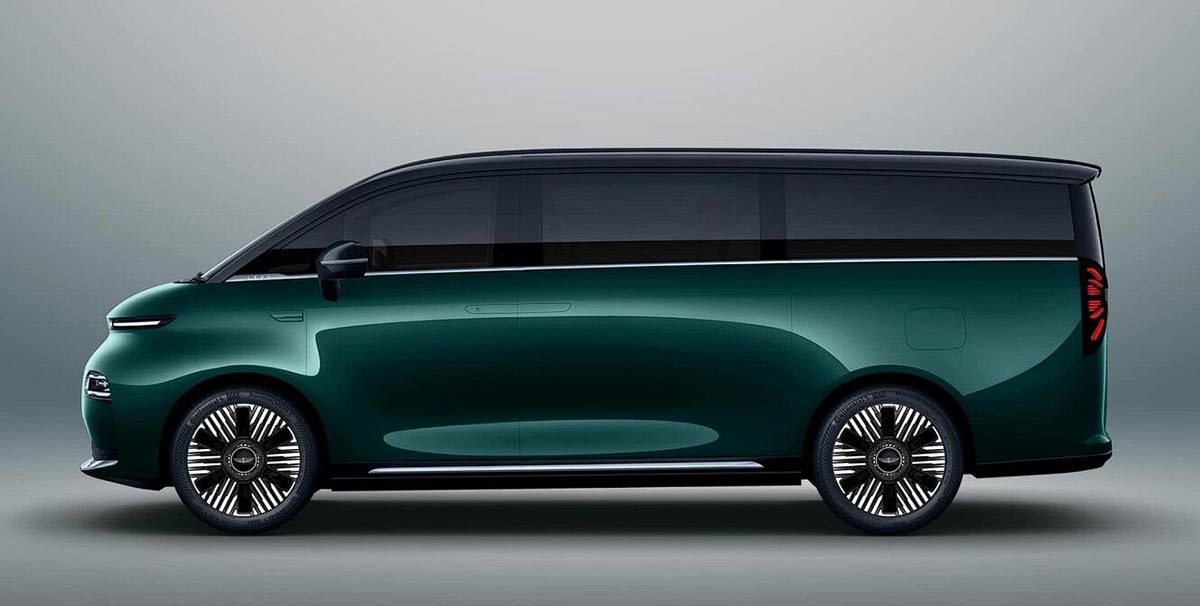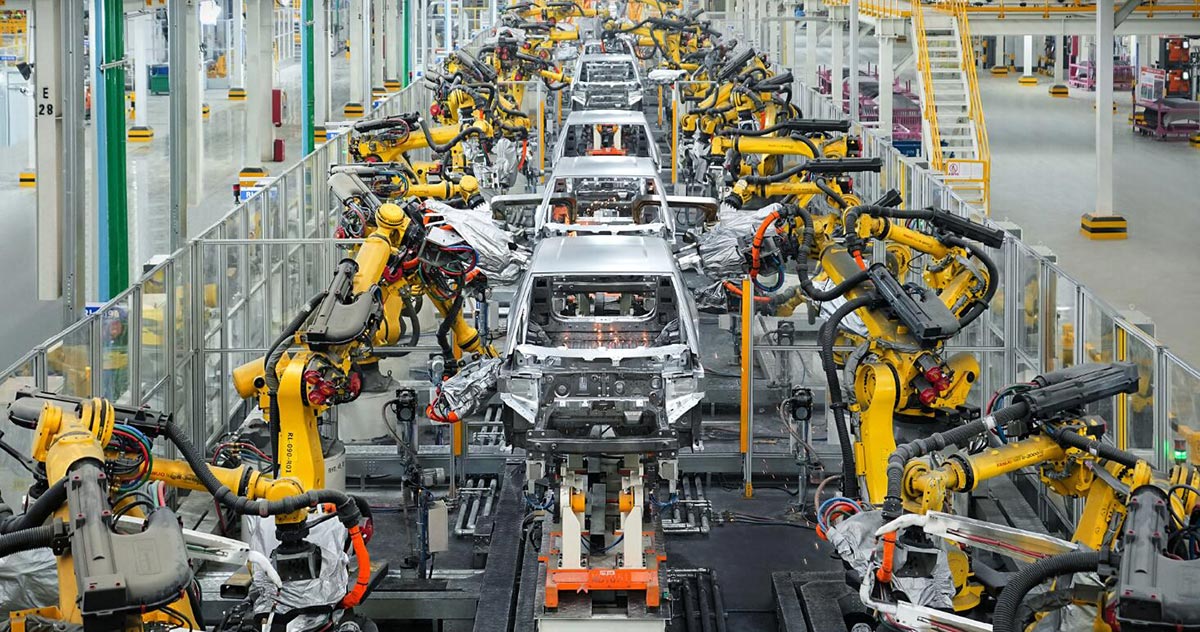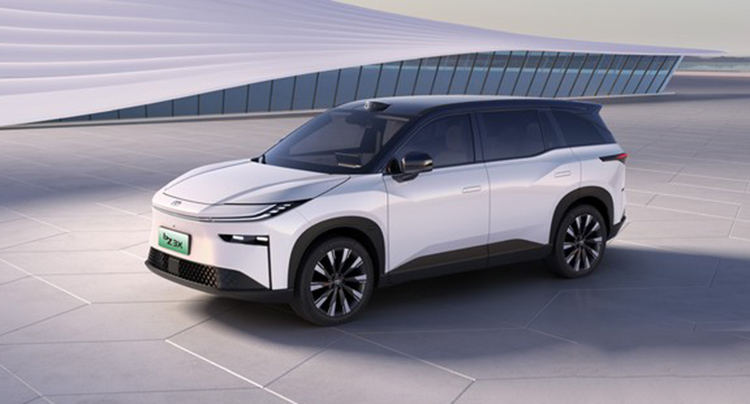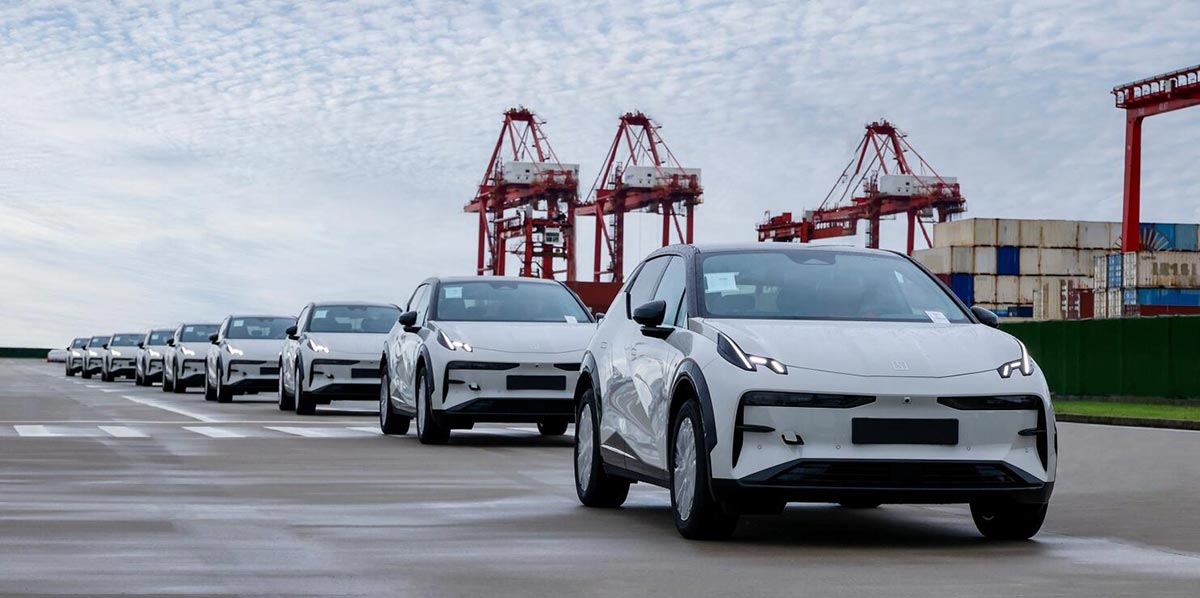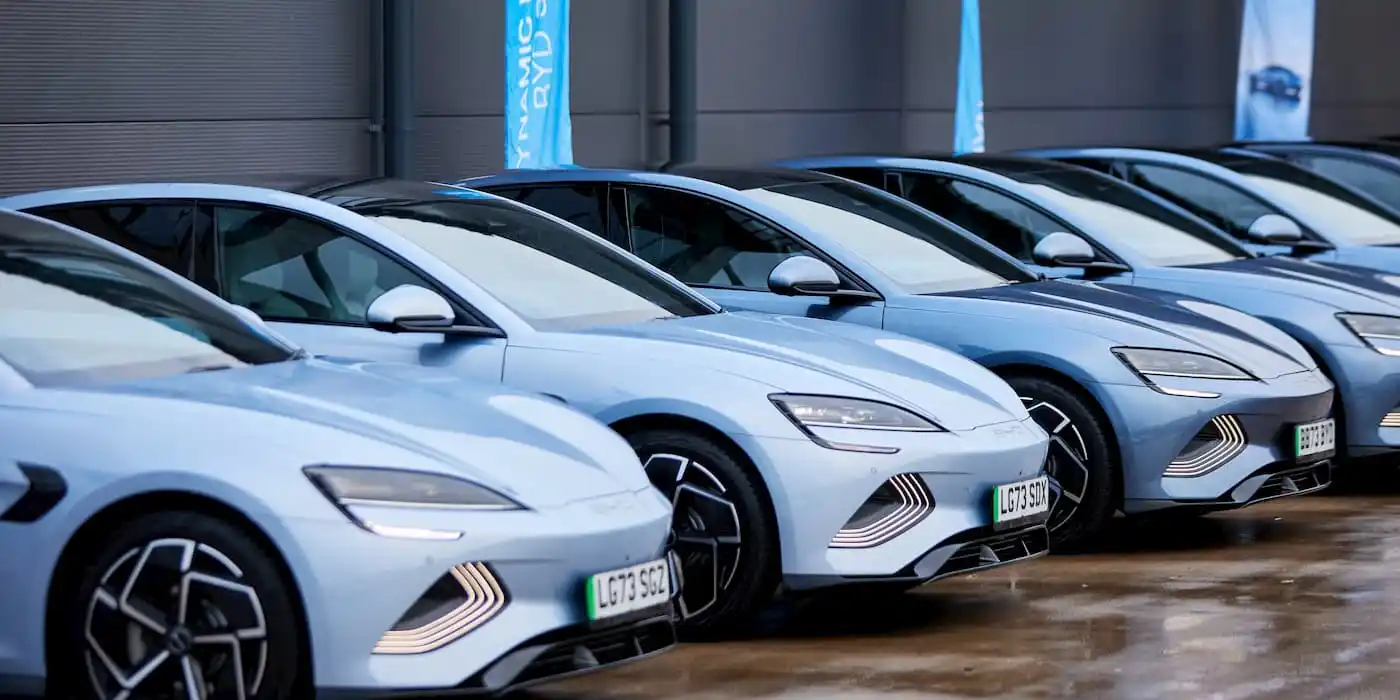China and the European Union have agreed to initiate talks on the EU’s proposal to impose additional import tariffs on Chinese-made electric vehicles (EVs), with Beijing pushing for the barriers to be removed, according to the Global Times. The negotiations, ahead of a November deadline to finalize the levies, underscore concerns about the future trajectory of the broader trade relationship between the two economic giants.
The issue extends beyond the interests of China’s carmakers, threatening the country’s $18 trillion economy. While automakers like BYD and Volkswagen’s main partner SAIC Motor can endure EU tariffs—ranging from 17.4% on BYD to 38.1% on SAIC Motor—due to the continued price advantage of Chinese EVs, the broader economic implications are significant. Companies like BYD might circumvent the tariffs by establishing factories in EU member states such as Hungary and Poland.
See also: China’s Premier Defends Electric Vehicle Policies Amid Global Trade Disputes
For China, EVs represent just a fraction of the larger issue. Although EVs are a rapidly growing export sector, accounting for $11.5 billion last year and 2% of Chinese exports to the EU, the country exports a wide array of goods to the region, from telecom equipment to solar panels. In 2023, the EU accounted for 15% of China’s exports, making it China’s second-largest export market, according to Chinese customs data.
The ongoing Euro 2024 soccer championship highlights China’s vested interest in the Western market. BYD has replaced German carmaker Volkswagen as the main sponsor of the tournament. China’s $7 billion electronics manufacturer Hisense Home Appliance (000921.SZ) sponsors TV panels and video-assisted referee (VAR) technology, while Alibaba-affiliate Alipay (9988.HK) serves as the global payment partner for the competition.
See also: China Urges EU to Reconsider Electric Vehicle Tariffs as Talks Resume
A full-blown trade war with the EU, added to its escalating conflict with the United States, would be detrimental to Beijing. Despite this, China has warned it will take “every necessary measure” to protect its interests. Premier Li Qiang cautioned on Tuesday that “regressive actions of decoupling” would “drag the world into a destructive spiral.”
To mitigate the impact, China has proposed lowering its import tariffs on large-engine vehicles from Europe if Berlin can convince the EU to drop additional duties on Chinese EVs, Bloomberg reported, citing sources familiar with the discussions.
See also: China’s Vehicle Exports Surge to 2.45 Million in Jan-May 2024, New Energy Vehicles Lead Growth
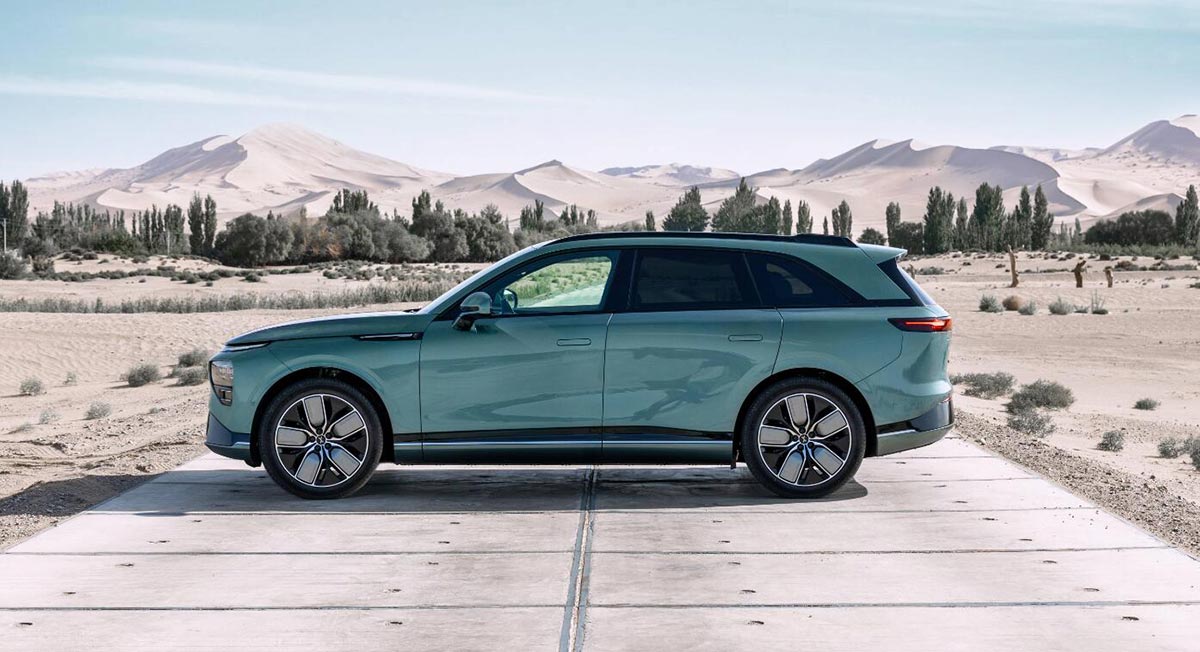
Additionally, Chinese carmakers might form joint ventures with European peers, mimicking the operational model that foreign carmakers once followed in China, as reported by Politico, citing unnamed diplomats and senior officials.

